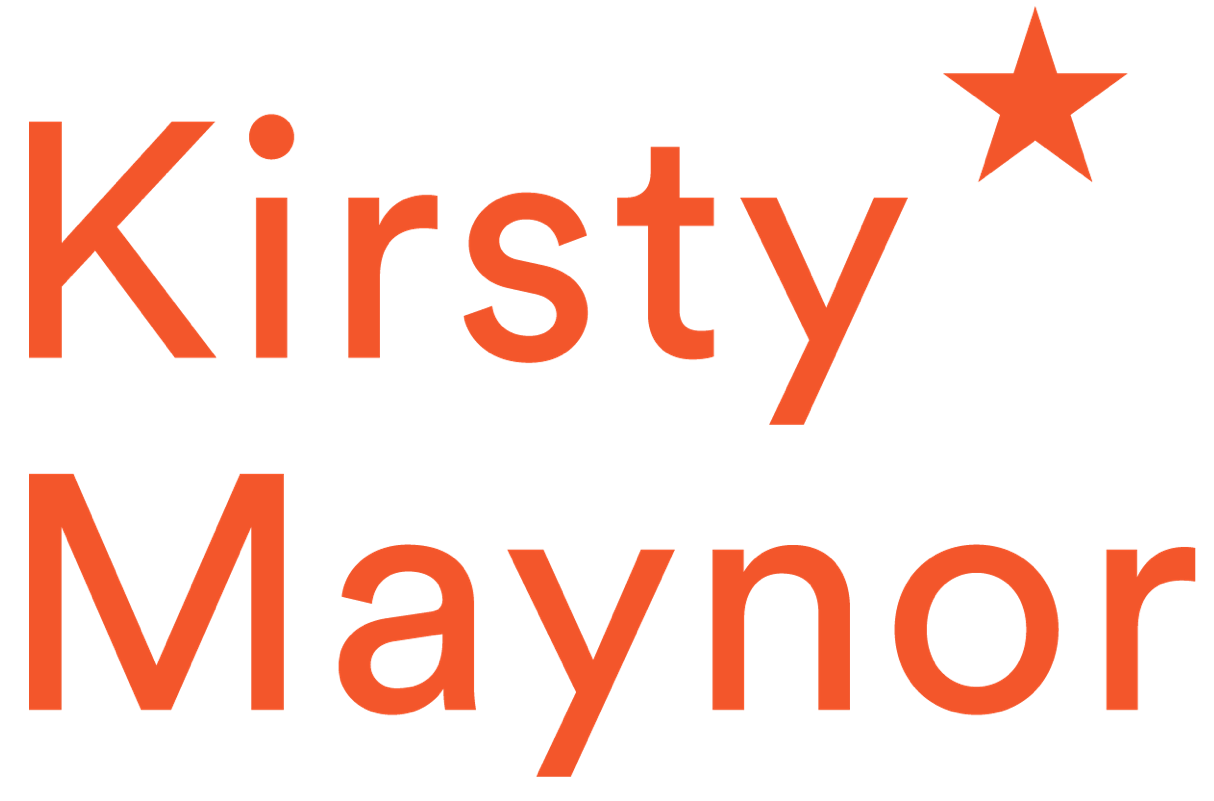Embracing self-compassion during recovery
As some of you may have seen from my Instagram stories over the last 6 weeks, I underwent surgery at the beginning of August, and whether due to naivety (or perhaps a bit of denial) I didn’t anticipate just how challenging the recovery would be.
My surgery involved removing several lumps from my head, which, compared to major operations, might seem minor (this likely contributed to my misjudgment of the recovery time). And, as someone reminded me recently, surgery, regardless of its scale, is a form of trauma on the body that requires time to heal.
Talking with a few friends who also had surgery this summer, I realised we all underestimated how much it would take out of us. We thought it would be a quick bounce-back, but the reality is that surgery impacts us more deeply than we often anticipate.
The recovery process.
For me, recovery meant a lot of sleep—about 15 hours a day for the first two weeks. Even after that, I struggled with cognitive functions, repeating stories to my poor daughter (who was incredible in taking care of me), finding myself too uncoordinated to drive, and my attention span was too short to get back to work.
Making the decision to extend my recovery period wasn’t easy, especially with a major project underway (the biggest project I’ve done since starting my business 13 years ago!). I had originally planned to be away for just two weeks, but it soon became clear that my body had other ideas. It’s hard to step back when you’ve got deadlines and responsibilities, but listening to what I needed - mentally and physically - was crucial. Emotionally, it’s a tough call. You want to push forward, but each day brings reminders that healing can’t be rushed.
It wasn’t until I went on holiday to Lanzarote with my daughter, five weeks post-surgery, that I started to feel more like myself again. Returning to work in week six was exhausting. It felt good to be back—this has been the longest I’ve ever been off due to illness—but I keep reminding myself to take things slower than usual. My brain wants to go faster than my body allows, so I’m learning to honour that. I’m having to be open and vulnerable with my team about how my recovery is affecting my ability to work as I normally would, which as a CEO can be daunting.
Appearances can be deceiving.
To anyone looking at me now, I probably seem fine—my scars are well-hidden under my curly hair, and I’ve recovered enough that the tiredness isn’t obvious. But the recovery process is still ongoing.
From my recovery position, I’ve been reminded that appearances can be deceiving. We often don’t know what someone is going through unless they share it with us. It’s important to extend the benefit of the doubt to others and approach them with compassion.
Be kind to yourself.
If you’re navigating recovery, remember to be kind to yourself and pay attention to what your body needs. We often try to push through, thinking we should be back on our feet sooner than we’re ready for, but real recovery takes time. Taking regular breaks and allowing yourself to rest is crucial—if we don’t make time for rest, our bodies will eventually make us stop, whether we want to or not.
This experience has taught me the importance of pacing myself when it comes to rest and recovery. Whether it means getting extra sleep or stepping away from work longer than expected, recognising and respecting your limits is key. Give yourself grace, and don’t forget to acknowledge and celebrate the progress you make along the way.
